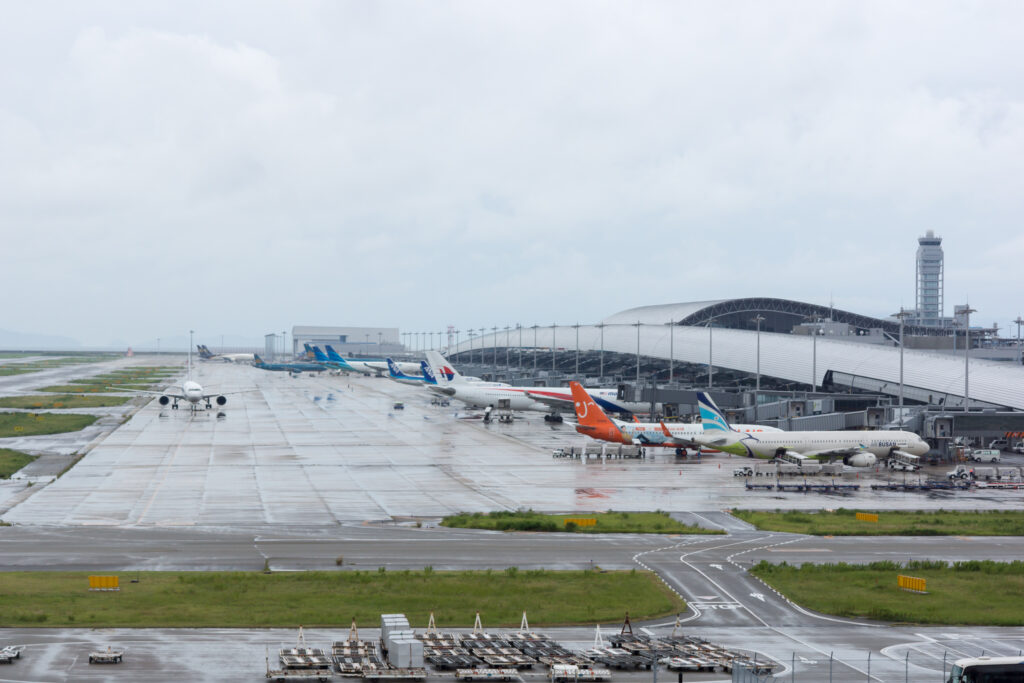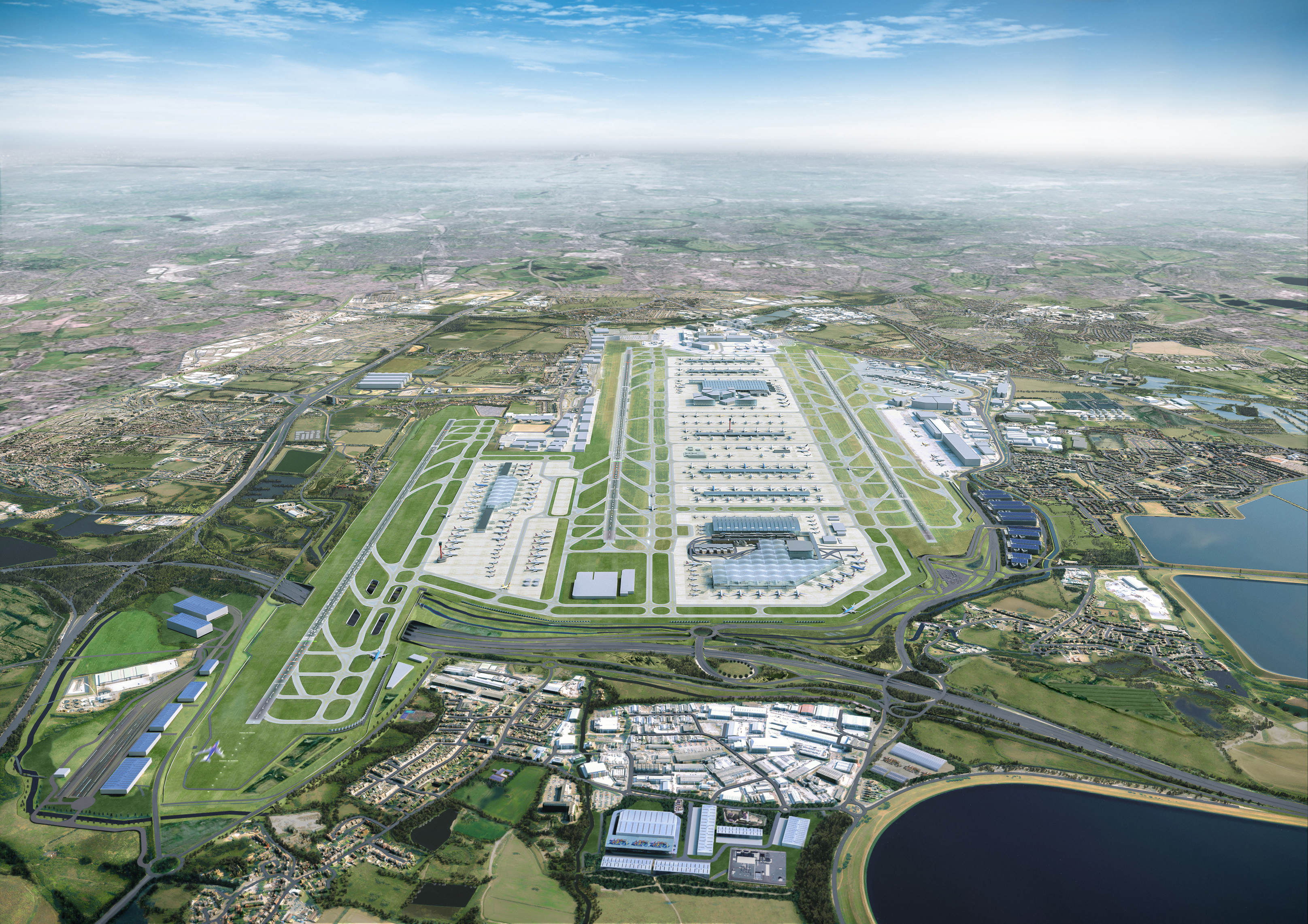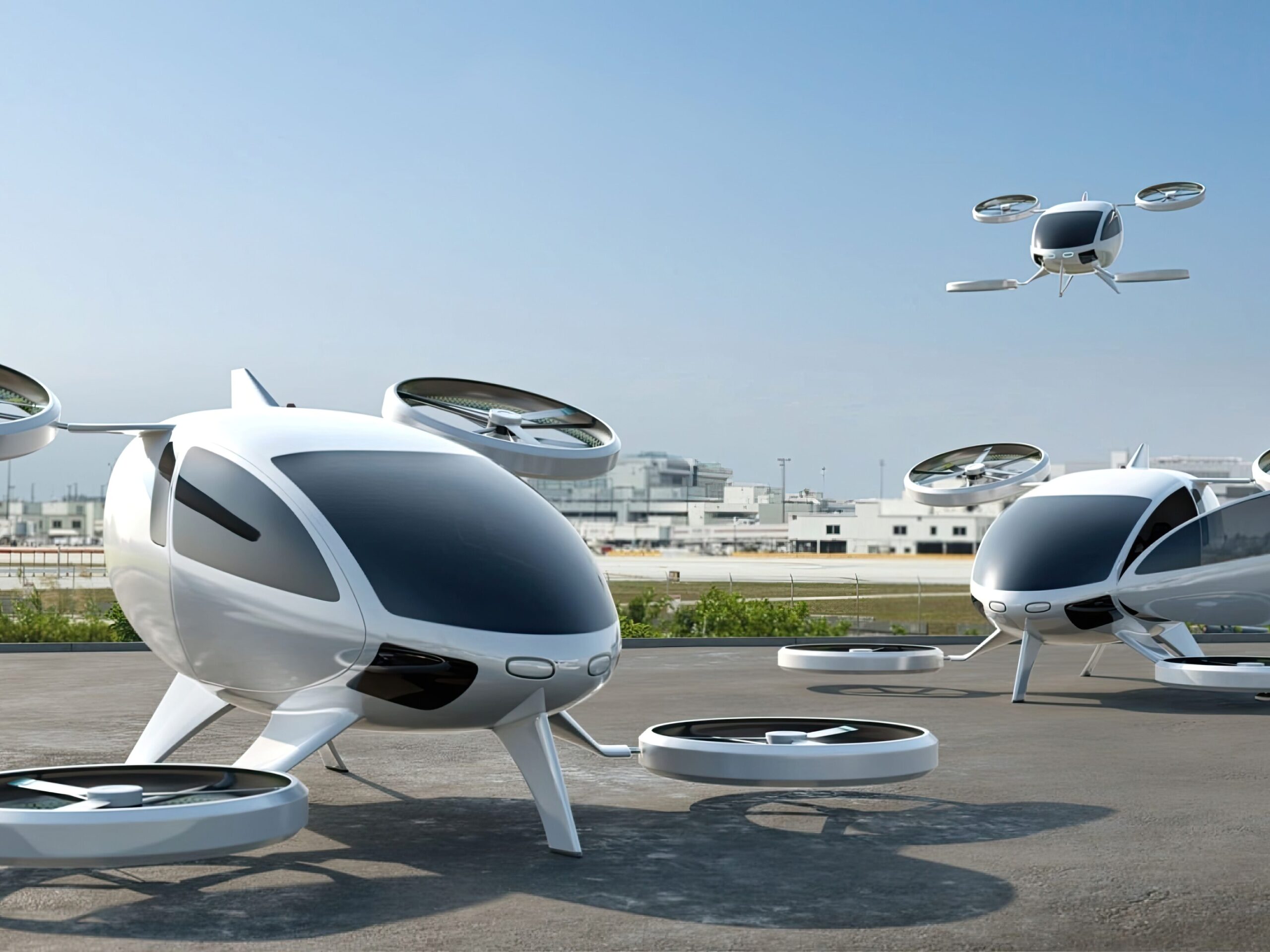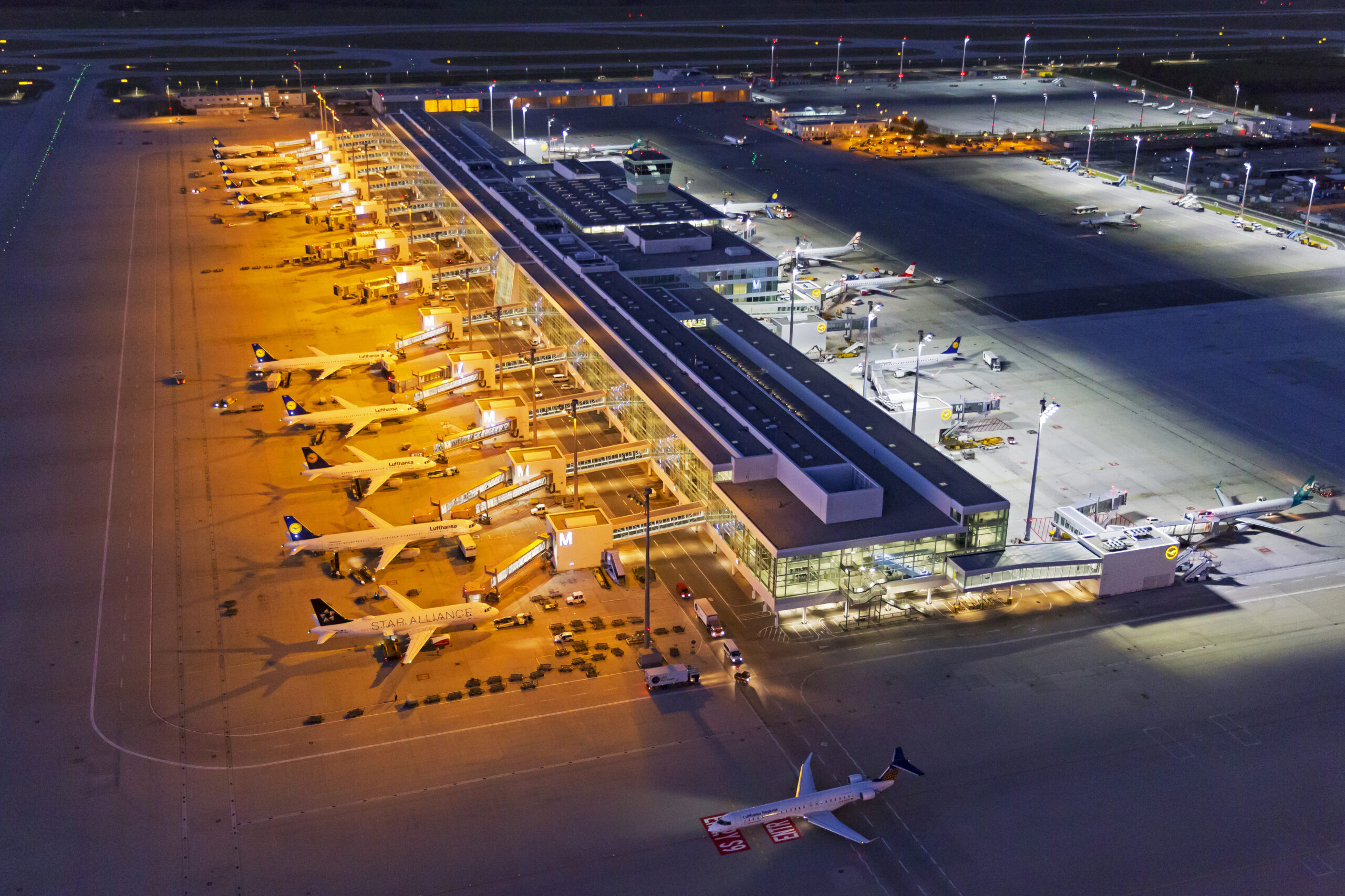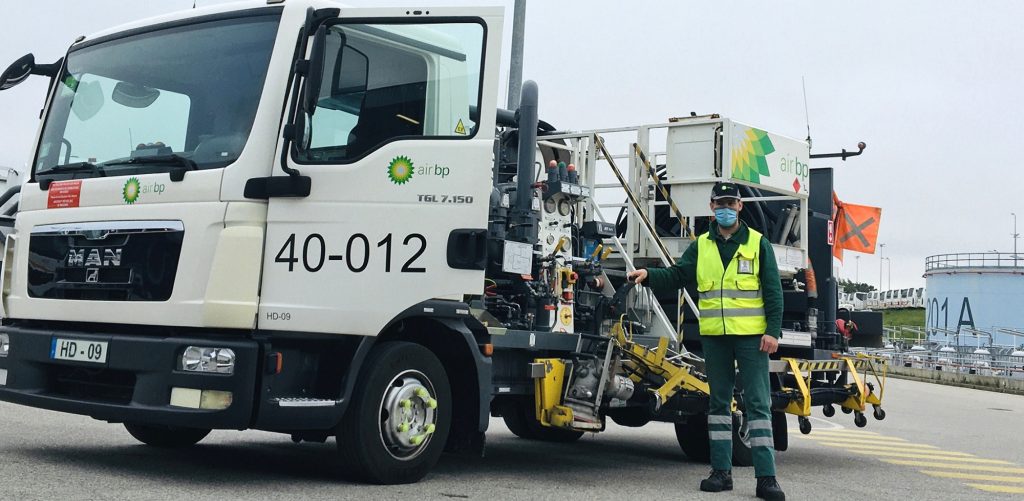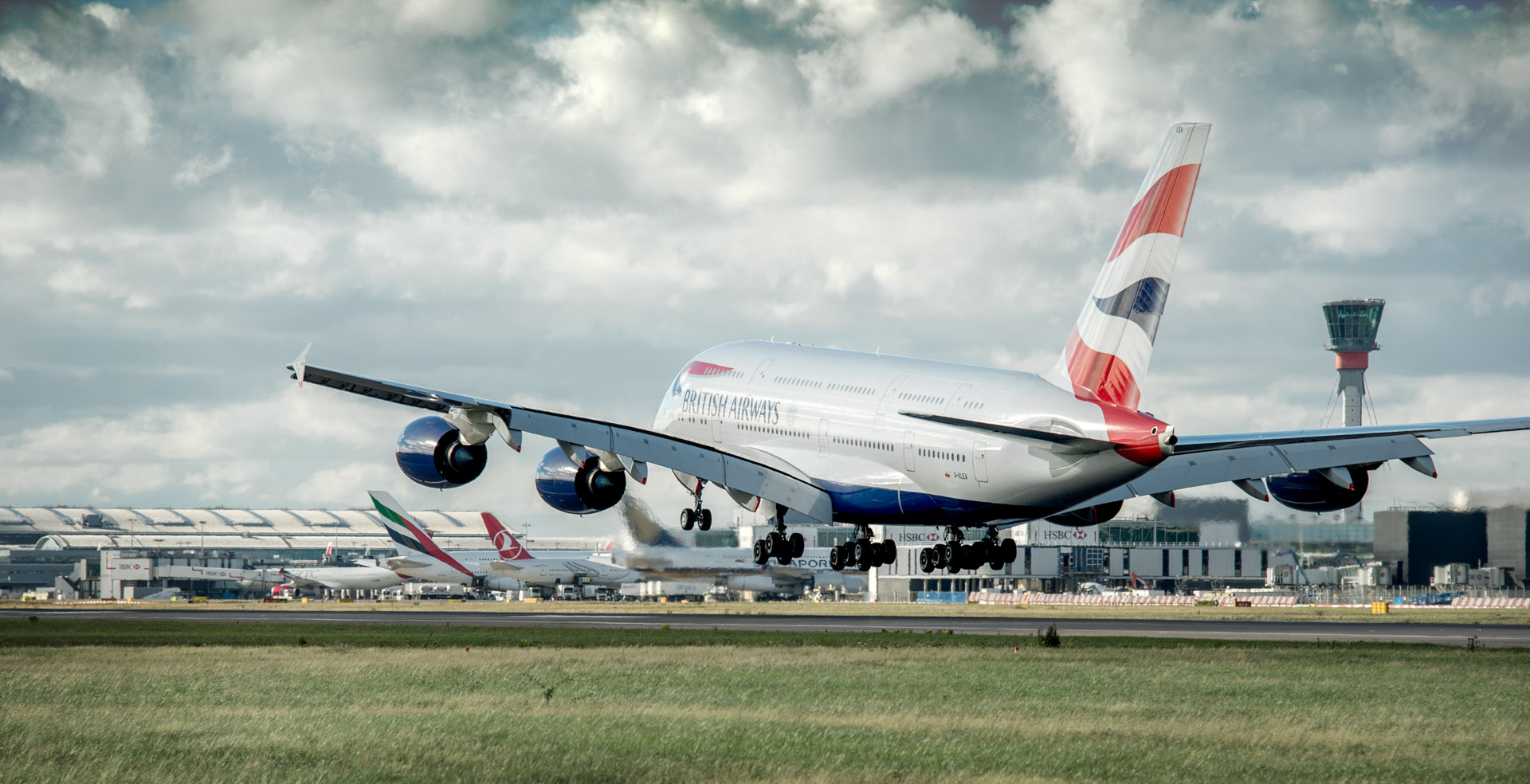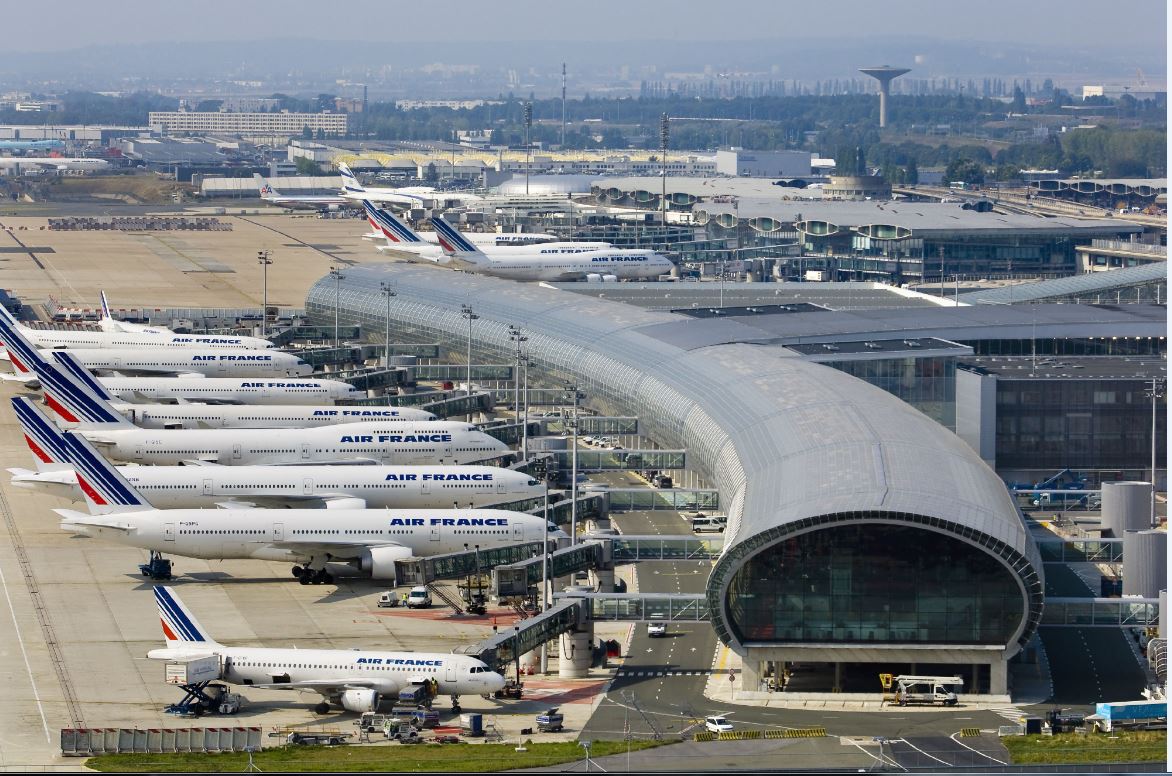Kansai Airports Group Sets a Long-Term Target Aiming for Net Zero Greenhouse Gas Emissions and a Decarbonized Society
Kansai Airports Group is pleased to announce that it has set a long-term target to reach net zero greenhouse gas emissions by 2050, as part of its efforts to prevent global warming.
The international community and Japan alike have been committed to the goal of realizing a decarbonized society with net zero greenhouse gas emissions by 2050. At Kansai Airports Group, various steps have been taken to reduce the environmental footprint of the three airports it operates (Kansai International Airport, Osaka International Airport, and Kobe Airport). We will continue to work on a medium- to long-term plan and promote the measures for achieving carbon neutral status by further reducing energy consumption and using renewable energy.
Kansai Airports Group is committed to further accelerating the efforts to reduce environmental impacts in pursuit of a harmonious coexistence between the airports and their surrounding environment.
Major Initiatives
- Promote energy conservation within air conditioning: Introduce high-efficiency heat source equipment / Optimize outside air intake / Insulation and solar radiation protection /Optimize air-conditioning control
- Lighting energy conservation: Fully switch to LED lighting / Enhance sensors and brightness control
- Operations energy conservation: Visualize and analyze energy consumption using Building Energy Management System / Optimize operations using AI
- Use renewable energy and hydrogen: Install more solar panels / Promote the Hydrogen Grid Project
- Promote zero emissions vehicles: Replace existing service vehicles with electric and fuel-cell vehicles
This article was originally published by Kansai Airports Group.

